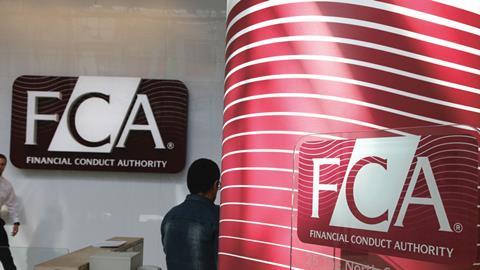Claims management companies were put on notice today that they will face much greater compliance hurdles in the new era of regulation. The Financial Conduct Authority will assume control of regulating CMCs from next April and has published a consultation outlining what could be expected of the claims farmers.
Proposals include requiring CMCs to provide a potential customer with a short summary document containing information such as the fees being charged and the services a CMC aims to provide. This document will need to be provided before any contract is agreed.
The potential regulatory regime offers a tougher environment for CMCs: the current Claims Management Regulator requires that CMCs charge a ‘reasonable’ fee reflecting the work done. Law firms regulated by the SRA are likely to welcome any action which levels the playing field and imposes equivalent restrictions on CMCs.
Andrew Bailey, chief executive of the FCA, said a well-functioning claims management sector can help to provide justice and redress to people who have suffered harm, but poor conduct persists across the sector.
‘We want CMCs to be trusted providers of high quality, good value services that can truly help consumers,’ said Bailey. ‘A key element of our approach to regulation will be ensuring that consumers are both protected and treated fairly.’
Proposed rules may require CMCs to highlight any free alternatives, such as ombudsmen schemes, in marketing material and pre-contract disclosures.
Due diligence will be needed on so-called ‘lead lists’ from third parties, and CMCs will have to record and keep all calls with customers for at least 12 months.
New limits, setting minimum cash reserves, will be imposed on firms who hold capital based on the type of business they undertake.
In terms of punishing non-compliance, the FCA intends to use fining and suspension powers to achieve ‘credible deterrence’ and show there are ‘meaningful consequences’ to breaching the rules.
The FCA says it is alive to the ease with which CMCs can re-emerge as a new entity following liquidation or insolvency. New applicants for a licence must pass a fit and proper test, and they are unlikely to be authorised if they have any ongoing connections with people involved in serious previous misconduct.
The consultation ends on 3 August.




























10 Readers' comments